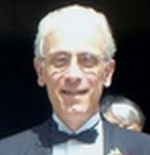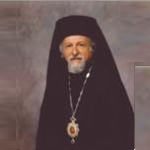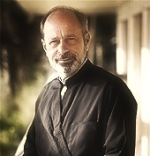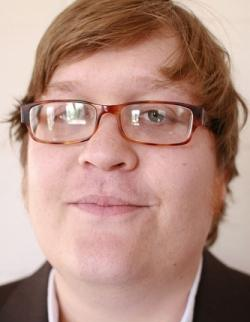Child of Governance
Source: Portal-Credo.Ru 1. With your permission, Mark, tell me, based solely on your personal experience, to what extent can the internal life of the church can be presented for public discussion? I do not mean the parish meetings and Council — the issue is specific to the press. Especially the Internet – with its almost instantaneous reaction. Do you personally have any criteria? St. Mark the Evangelist – not Mark Stokoe – said: “There is nothing hidden that will not be revealed, and there is nothing secret that will not become known and come to light.” And St. Luke…

![A Vision of A Unified Church In North America – Archbishop Nathaniel of Detroit [VIDEO] Orthodox Christian Laity (OCL)](https://ocl.org/wp-content/uploads/2011/12/ocl-logo-thumb-temp.png)





![Met. Jonah on Orthodox unity in America March, 2012 [VIDEO]](https://ocl.org/wp-content/uploads/2012/07/met-jonah.png)

